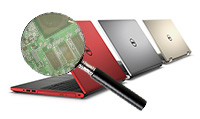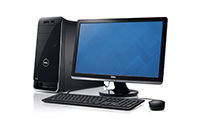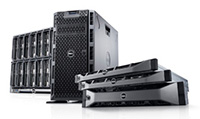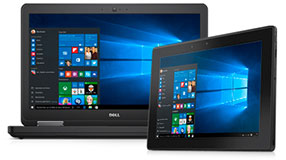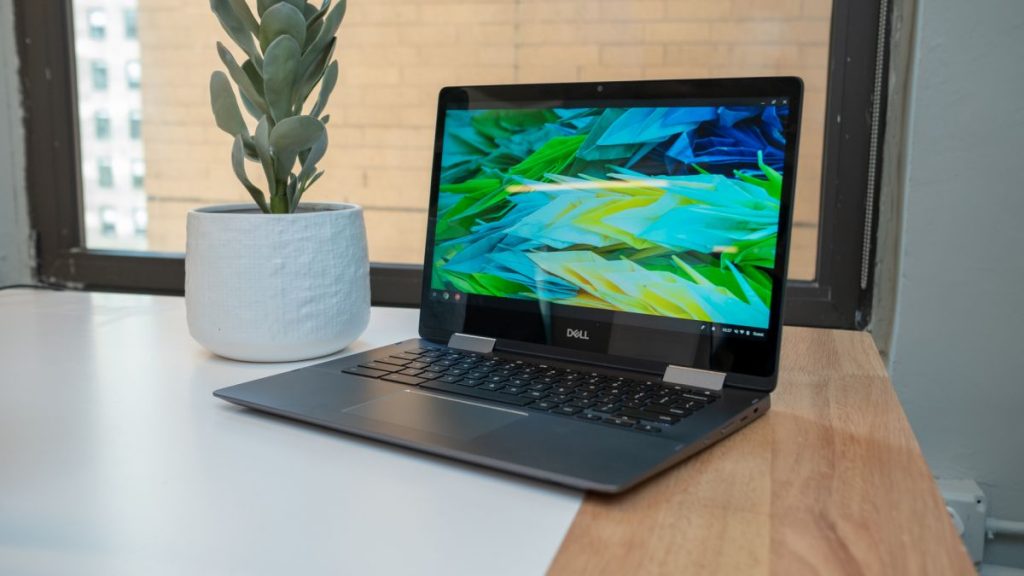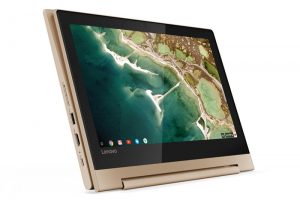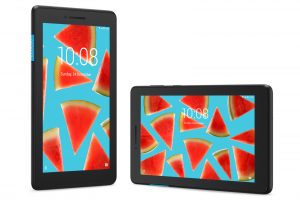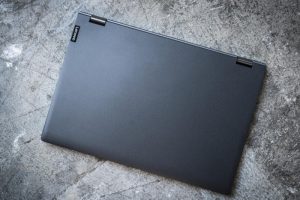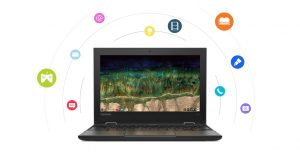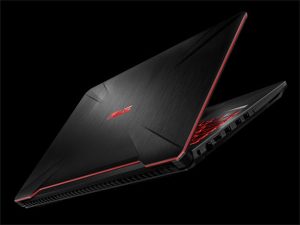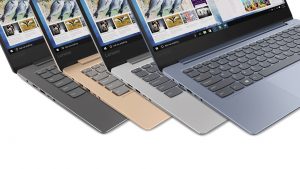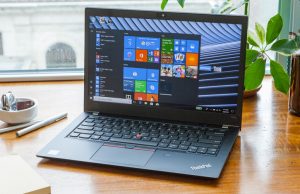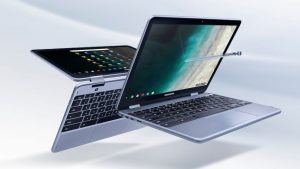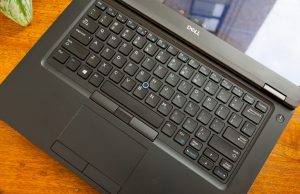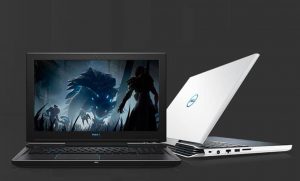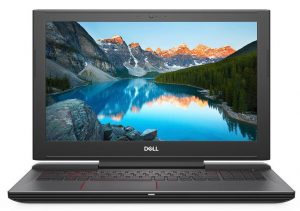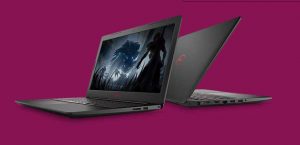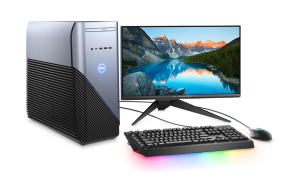The so-called 'consumerization of IT' trend is a buzz-phrase, defined as nebulously as 'cloud computing', and both are moving into common usage. The term does not lack meaning. It simply has several overlapping definitions. It was Larry Ellison of Oracle who compared the term 'cloud computing' to trends in fashion, saying the IT industry comes up with trendy new names for doing the same things it has always done.
Definitions of Consumerization of IT Floating in the Cloud
PricewaterhouseCoopers says the term is "....defined as the use of technologies that can easily be provisioned by non-technologists", and the "....trend is the culmination of a fundamental shift in the relationship between employers and employees—especially professionals—that began four decades ago."


CA Technologies writes "....it's not just about devices - it's about the shift of control", and continued: "....The impact of these trends will result in a new model of information technology, accurately termed "Consumer-driven IT". Users will be driving the requirements for IT, in part due to their adoption of consumer devices that are not controlled by a central IT group."
Bernard Golden, CEO of the consulting firm HyperStratus, writing on CIO.com said: "In the corporate IT world, this move to "consumerized" IT has been described as the penetration of employee-purchased mobile devices like the iPhone, iPad, and Android phones and tablets. ....This phenomenon is going to swell to greater and greater dimensions. The consumerization of IT isn't just about employees using consumer devices and apps at work. It's about consumers becoming the primary users of internal IT applications."
Golden goes on to say: "Today, a company's internal user base is far outnumbered by external users, who may be customers, partners or suppliers. This is the consumerization of IT, and it poses perhaps the greatest challenge to IT organizations ever....if you think your users had a variety of devices, wait until you see the rest of the world. Every device under the sun is in the hands of users, and more pop up every day. The notion of an "approved device list" is laughable.....It's all about recognizing that the boundary between your company and the rest of the world is getting blurry."
Writing for ConsumerizeIT, James Furbush wrote regarding the Bring Your Own Device trend and headlined with, "BYOD Driven by Businesses Wanting Employees to Work All the Time."
Techspot says consumerization is described as "....the trend for IT to first emerge in the Consumer space and subsequently makes its way into the enterprise world".
Techopedia reports that the "....consumerization of IT refers to a trend in which a business's employees expect to be able to use personal devices to connect to corporate networks. The consumerization of IT has grown out of consumers' increasing integration with their personal mobile devices....".
Enterprise Mobility Foundation perhaps more correctly calls this trend the "Consumerization of Enterprise Mobility". EMF goes on to say the consumerization of IT means processes or devices should not be complicated to use, but should work intuitively out of the box.
Regarding the current state of security: laptop maker LG Electronics, chief of IT, said LG does not allow personal devices on company premises. The caveat is that LG is considering personal tablets in the future, if security issues can be satisfactorily addressed with checks and balances. If a notebook manufacturer is that reticent, it would seem to indicate that financial and healthcare institutions should follow behind the parade of consumerization, and definitely not lead it.
It seems likely the so-called 'consumerization of IT' trend may create new types of differentiated service providers and vendors, that will serve corporate enterprise IT departments. Business IT may off-load some risk and complexity to vendors and service providers.
That somewhat new breed of company will specialize in flexible, yet highly structured security methods, to provide systemic integration of personal device endpoints, while addressing security risk issues with integrated, custom-designed solutions. They may need a robust insurance policy as well.
The IT-ization of Employees
A trend is developing in which employees will bear substantial costs associated with owning and operating computing devices which serve the interests of the business enterprise and their IT departments. As with the proverbial camel putting its nose under the edge of tent, those employees will then find that corporations will absorb more of the employees' personal time away from the office. The "wireless" device will prove to be stronger than a leash made of steel wire.
The corporate IT mindset has turned the terminology completely upside-down. The simple fact is: you are witnessing the IT-ization of Employees, and of the consumers of business products and services. Consumers that wish to interact with businesses, and employees that want to be effective, will have to spend significant money on operating and replacing personal mobile computing devices, with rapid obsolescence by design. Most will go along quite willingly. In the short-term, that will have the appearance of being less painful than the alternative.
Assessment
In its current state of development the IT-ization of Employees trend, combined with cloud computing, seems to set the stage for a major data leak, with consequences reverberating in the news globally. When a company chooses to be at the front of a buzz-phrase-trend, the buzzing noise may end up being the sound of something encountering a buzz-saw. Don't forget that insurance policy.

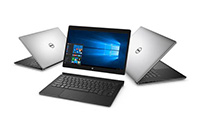 Laptop & Tablet Parts
Laptop & Tablet Parts